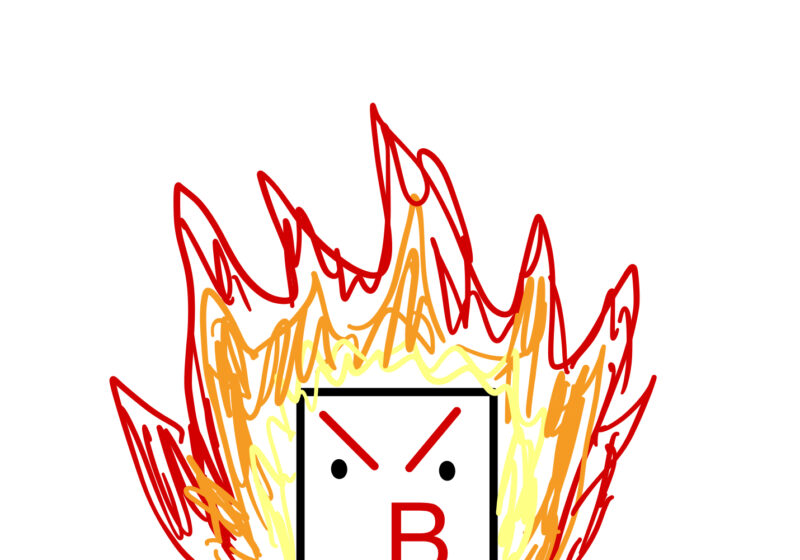The name Frederick Fennell kindles fond memories for everyone at the Eastman School of Music, especially anyone involved with the Eastman wind ensembles.
In addition to having Fennell as a guest conductor at Eastman, many students have played under his baton through music festivals and other special groups. Students and faculty alike know that they are here in large part because of Fennell’s influence on Eastman.
It was with many happy tears that we said goodbye to Fennell on Dec. 7, 2004.
Mark Scatterday, conductor of the Eastman Wind Ensemble, put it best in his speech at the Dec. 8 Wind Ensemble concert dedicated to Fennell. “Fred Fennell didn’t take the path less traveled – he built us a new one,” he said.
Fennell was the founder of the Eastman Wind Ensemble, fathering the ensemble back in 1958. Along with a long list of accomplishments, his greatest gift might have been the 22 Eastman Wind Ensemble recordings he made under the Mercury label.
Due to those recordings, we will forever be able to hear the beautiful, dark, colorful and musical quality that Fennell so vividly imagined a wind ensemble could achieve. We were lucky to be in awe of his passion for the wind ensemble as he conducted the Eastman Wind Ensemble for the last time in October.
Fennell’s influence on wind ensemble is unmistakable. He created the ensemble, sought out music for the wind ensemble and nurtured it to the point where it remains one of the most modern today. Fennell even secured the future of the wind ensemble by always acknowledging and supporting its role in patriotic American ceremonies. I’m sure he wouldn’t have objected that his last concert with his creation was a Sousa march.
It is up for question, however, whether the wind ensemble genre has come to a new era, a new turning point, now that it has lost its paternal source. Will the Eastman Wind Ensemble lose its dark, rich chamber music quality that always distinguished it from other wind ensembles?
Until this point, all the influential conductors of the Eastman Wind Ensemble were alive and able to share and teach their ideas. Fennell was the perfect showman, wanting to indulge the listener with the grand sound and power of a wind ensemble. When conducting the Eastman Wind Ensemble in October, near the end of his life, he became agitated that we were not giving in to the music and letting it be luxurious.
Will Fennell’s message get lost like the game “telephone” – get changed a little with each new person until the original message no longer exists?
Will wind ensemble repertoire get lost in all the esoteric music of the 21st century? There is no debating the importance of new music and that the wind ensemble, luckily, plays a large role in new music.
However, the attitude toward music such as Sousa marches continues to decline among musicians. Will that attitude bleed over into music like Grainger and Holst over time?
Will the wind ensemble lose sight of the music that gave it a future, in the way that the majority of the music world has lost sight of most music pre-Bach?
Fennell’s death raises many questions for the future of wind ensembles everywhere. Luckily for us, Fennell’s vision came as technology was picking up some speed.
Sound recording was possible and Fennell took advantage of that by signing a contract with Mercury records, making the first ever symphonic digital recording with the Cleveland Winds under the Telarc label and pioneering the high-definition compatible digital recording with the Dallas Winds.
Among all of Fennell’s recordings, we will always have a sound to look back on, to admire and learn from.
Past that, the job now rests on all of us. We’ve been fortunate enough to be in his presence and under his baton. We’ve been his pupils. We know his message, his purpose and his personality. It’s up to us to pass that on.
Let’s give Fennell the biggest honor possible by never forgetting him.
Reguero can be reached at areguero@campustimes.org.



